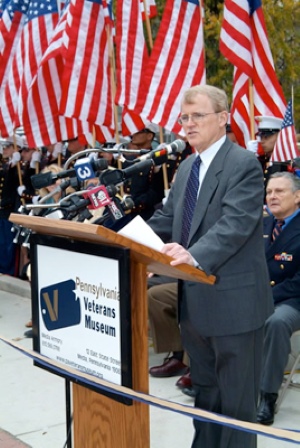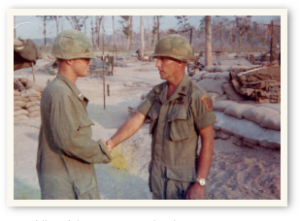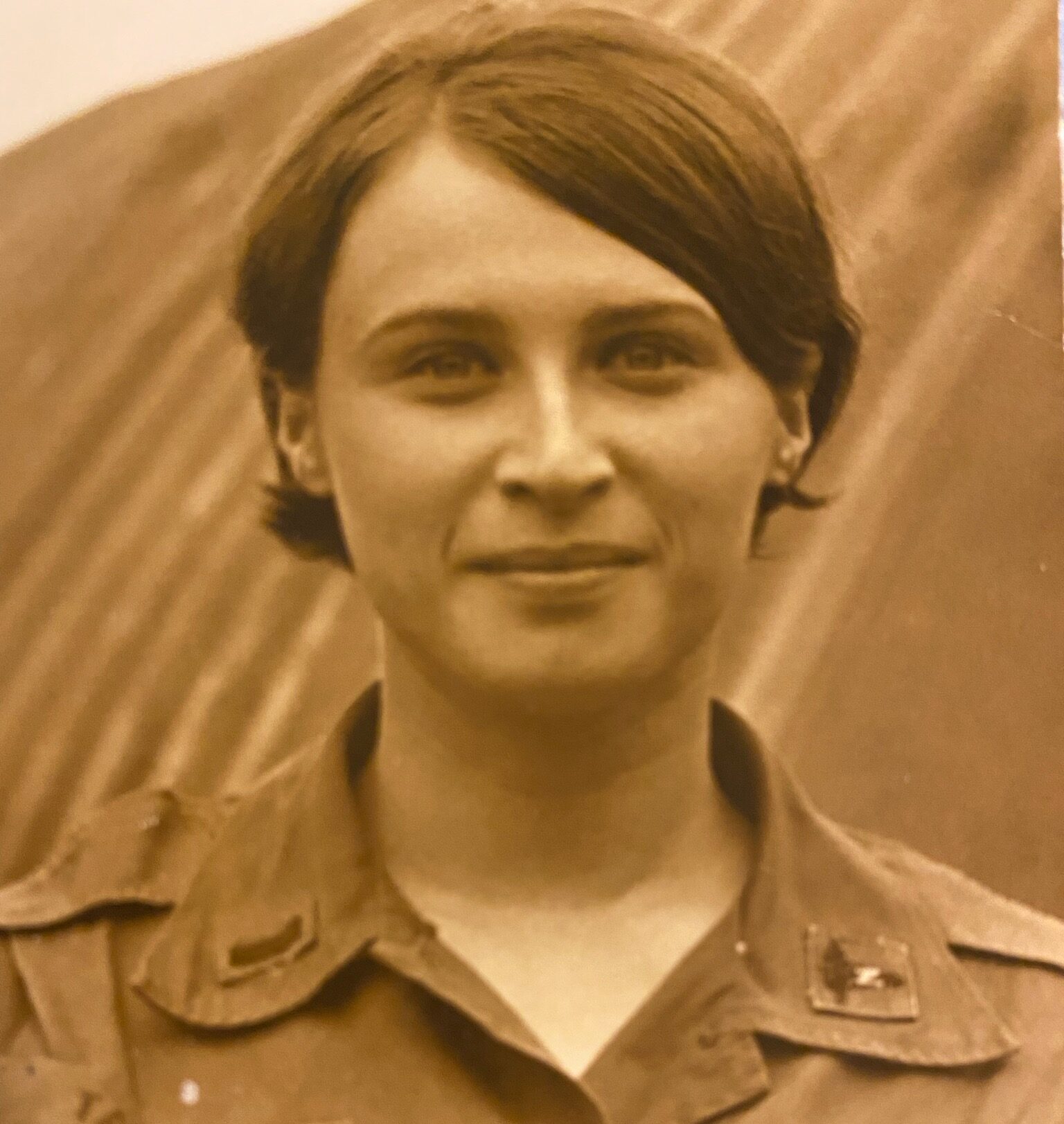Media Memorial Day Parade on Tap, Mayor McMahon Remembers Vietnam War

Media Mayor Bob McMahon remembers his year as a soldier in Vietnam like it was yesterday.
He volunteered to serve and, at 24, left for Vietnam in January 1968.
“My dad thought since I had a college degree, I’d get a desk job over there,” McMahon said. “So, I arrived as the Tet Offensive starts. We got off the bus, went to our shacks where we were going to be, and got attacked that night. The next morning a colonel came in front and said to me, ‘You are now in the First Infantry Division. You’re a platoon leader.”
During the Tet Offensive, which got its name from the Asian Lunar New Year holiday, North Vietnamese and Viet Cong forces launched coordinated attacks in South Vietnam. The U.S. and South Vietnamese militaries sustained heavy casualties but eventually drove out the Communist forces. However, according to the U.S. State Department Office of the Historian, that event weakened public support for the war in the U.S.
McMahon’s platoon had started out with only 30 men; only nine were left after the bloody first night of the Tet Offensive.
“What we did there, we went out on ambushes, and we also did road duty, guarding roads,” he said. After more people were assigned to the platoon, “we then went down and patrolled the rivers outside of Saigon where Agent Orange came down.” Many have gotten cancer from exposure to that herbicide, including McMahon.
They patrolled six or seven days weekly, drawing out the enemy and radioing in their locations. “We had firefights,” he said.
“The worst day we had was March 31, 1968, when we all got attacked and lost some people,” he said.
“In June, I got the job of my life. I became a senior advisor to the South Vietnam company (Mobile Advisory Team 44). I took over, made good friends with them, got into firefights with them, and really loved working with them. I got to know the Vietnamese people very well.
“I lived in the villages, and that was the best part of it. I loved it.”
In the villages, McMahon protected, trained, and patrolled he was the primary American contact for residents. He oversaw 126 Vietnamese soldiers and worked with his counterpart and the village chief. It was a pilot program for public safety for three villages.
He stayed in Vietnam for a year until his son, Robert, was born, and the Army sent him home. During his time in Vietnam, he was awarded the Bronze Star.
McMahon is also father to Mark and Vicki and has four grandchildren.
When he became mayor in 1992, after serving on Media Borough Council for 10 years, McMahon got involved with the Veteran’s Day and Memorial Day parades.
This year McMahon will be announcing the parade as he always does, along with resident James “Ziggy” Ziegelhoffer.
The parade will start at 10 a..m. on Monday (Memorial Day) in front of the Media Theater on State Street and will end up at the county courthouse, where there will be speeches and a ceremony. He said the Penncrest High School band will be in the parade, along with Boy Scout and Girl Scout troops and kids who participate in youth sports. He expects county, state, and federal officials to participate.
He said the Memorial Day parade is shorter and more somber than the Veteran’s Day parade, since it honors those who gave their lives fighting for this country.
McMahon also serves as chairman of the board of directors for the U.S. Veterans Legacy Project. Its mission is to provide a platform for veterans to share their legacy with younger generations by sharing their first-person accounts of what it is like to serve our country.
Please follow DVJournal on social media: Twitter@DVJournal or Facebook.com/DelawareValleyJournal


